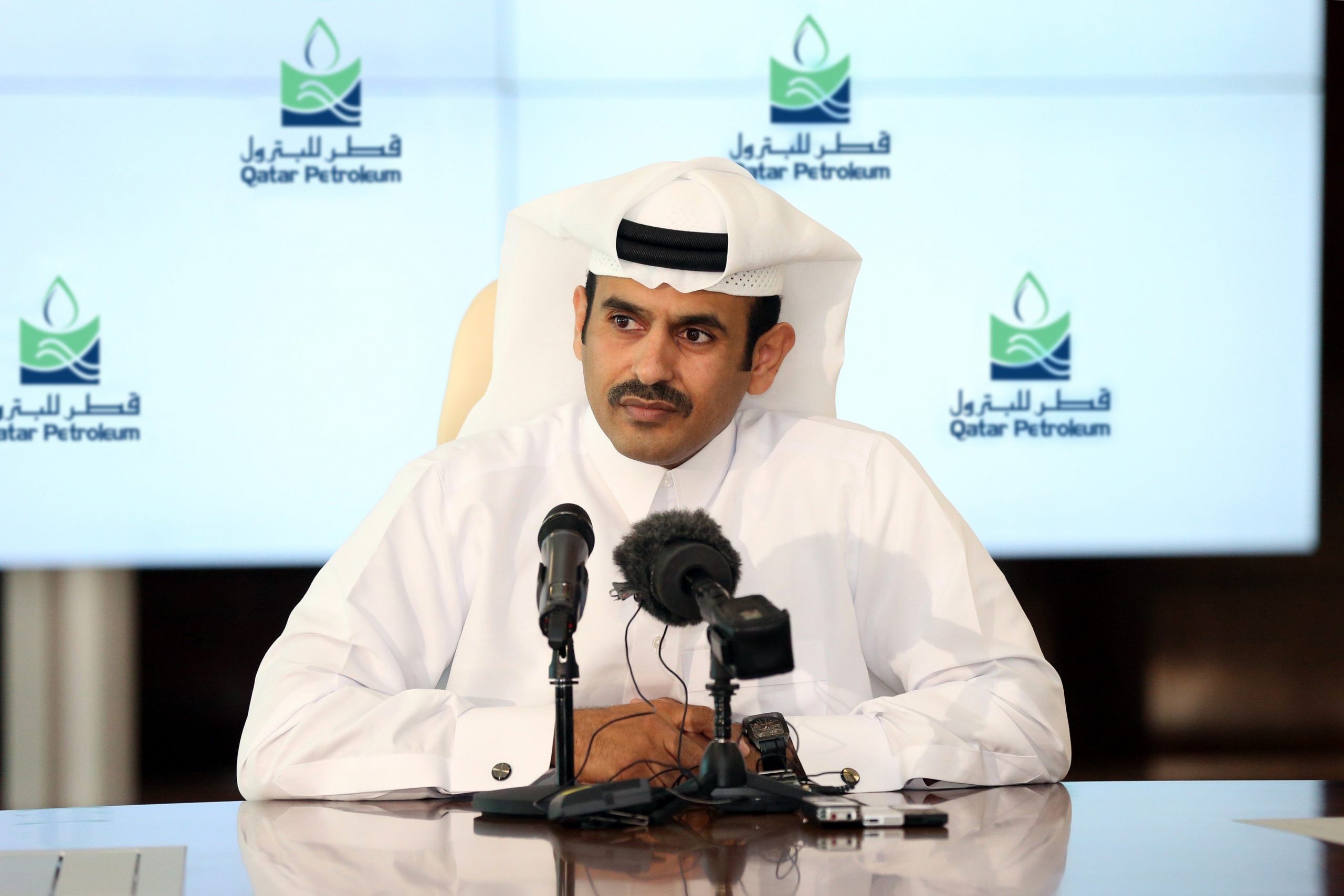QatarEnergy joined a group of oil and gas companies late June in an effort to diminish nearly all methane footprint produced during operations by the year 2030.
The rise in production costs, the postponement of investment decisions, and the increase in policy uncertainty in the oil and gas industry are all results of inflationary pressures, Qatar’s State Minister for Energy Affairs said on Monday.
Demands to ban hydrocarbons, according to Minister Saad Al Kaabi, “are not only unrealistic but, as recent months have proven, are harmful to a realistic, accelerated transition,” and the sector needs to better assist people in understanding such concept, Reuters reported.
Al Kaabi said that hydrocarbons “are not going to disappear any time in the near future”, suggesting cleaner hydrocarbon forms were therefore necessary for a responsible transition.
“Natural gas is certainly the cleanest fossil fuel, and a much-needed reliable and economic solution to manage intermittency issues, when the sun is not shining, or when the wind is not blowing,” he added.
‘Aggressive’ approach
In an interview with a Singapore-based outlet filmed during his Asia tour last month, Qatar’s Foreign Minister Sheikh Mohammed bin Abdulrahman Al Thani echoed those thoughts, saying “energy will remain a very relevant, cleaner, and more reliable source for a longer period, because we see that it is the best alternative and the more realistic alternative towards transition”.
“Now is it going to be a total substitute of fuel? It will take over gradually and we have seen this happening in different countries in the world, but we don’t know when is the time where it will be the substitute,” he said.
Speaking on the “energy poverty” colossal that has unravelled in the last few years, the foreign minister said “this was due to a lot of things,” adding that “the policies that have been adopted to transform to green in an aggressive way which sometimes is not realistic.”
In an interview with Sky News in late May, Al Kaabi noted that western powers must take responsibility. Years of pushing for an urgent end to fossil fuel production and calling gas producers the “bad guys” had contributed to the current crisis, he argued.
“There was a build up of countries pushing for the [energy] transition in a hard way. [They pushed for] net-zero, moving to renewables, doing away with fossil fuels and demonising the oil and gas companies, [calling them] the bad guys. And [as a result] you don’t have enough investment in the oil and gas sector,” Al Kaabi said, according to Sky News.
QatarEnergy’s sustainability efforts
The comments come as Qatar engages in more efforts to tackle global warming.
State-owned QatarEnergy has already joined a group of oil and gas companies in an effort to diminish nearly all methane footprint produced during operations by the year 2030.
The world’s biggest liquified natural gas (LNG) producer has signed up to the Aiming for Zero Methane Emissions Initiative as the first company to join outside its twelve existing signatories.
The initiative was founded in March and its 12 signatories include Saudi Aramco, BP, Chevron, CNPC, Eni, Equinor, ExxonMobil, Occidental, Petrobras, Repsol, Shell and TotalEnergies.
Separately, the LNG giant had recently increased its efforts in addressing climate change by updating its Sustainability Strategy in March.
The Sustainability Strategy is part of QatarEnergy’s aim to produce “clean and affordable energy to facilitate the energy transition.” The strategy focuses on climate change and environmental action, responsible operations, as well as social and economic development.
Under its revised strategy, the company is set to increase the carbon intensity of Qatar’s liquified natural gas facilities by 35% instead of the initial target of 25%. The intensity of its upstream facilities is also going to be lowered by 25% instead of 15%.
Qatar’s greenhouse emissions dropped by 3.9% in 2019 in comparison to 2016, according to the Arab Youth Climate Movement Qatar.
Despite this, the Gulf country’s energy sector was the biggest contributor of carbon dioxide emissions in 2019. Overall, local energy emissions increased by 433% between 1998 and 2019.
Data from 2017 found that Qatar is amongst the top five worst counties in terms of air quality.
Nepal tops the list at 99.7%, with Niger at 94.1%, Qatar at 91%, India at 90.9%, Saudi Arabia standing at 87.9%, and Egypt at 87%.







